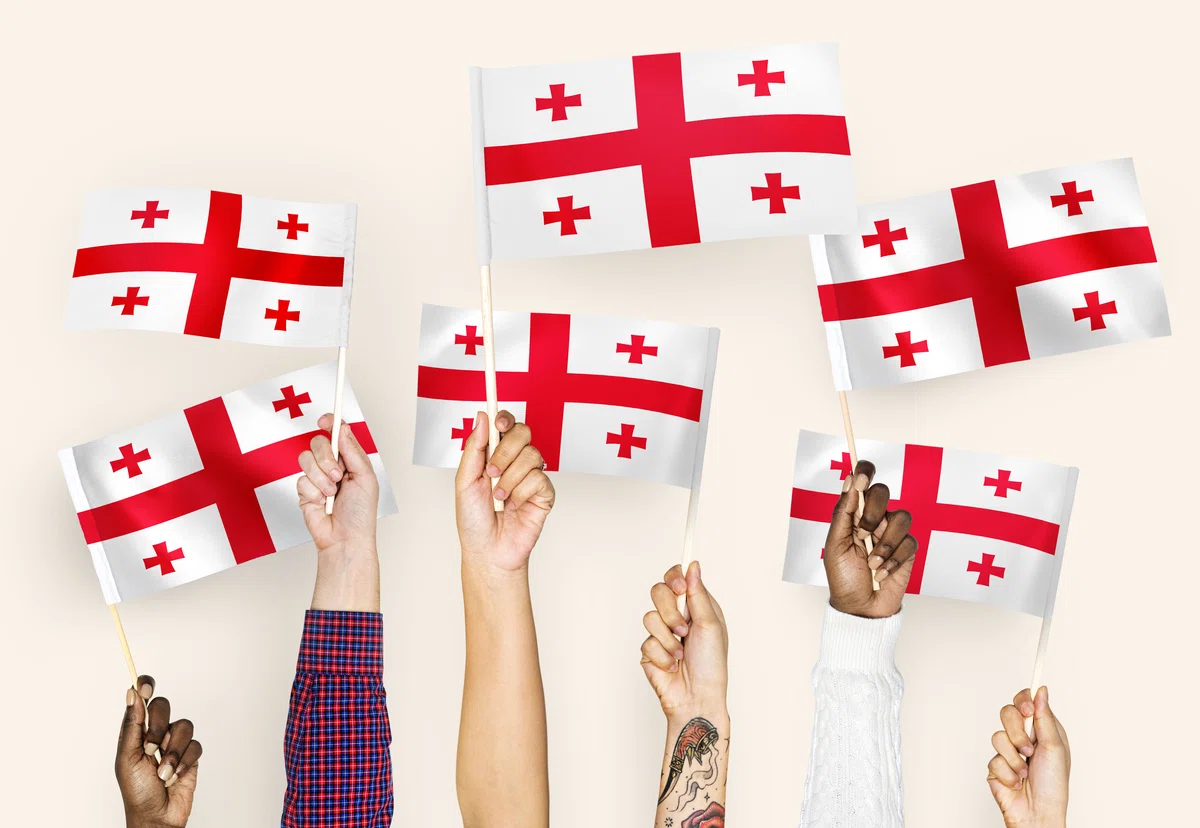
"Equilateral" - to the letter of the adverb. История происхождения и как правильно произносить.
The uniqueness of the Georgian language and the expression "Gamarjoba, genatsvale!", which cannot be fully translated into Russian. On madloba you will find the exact value. And if you see “Gamarjoba” on the streets of Georgia, feel free to come in, because the gastronomic secrets of the delicious cuisine of this country will be hidden behind the doors.
All about the uniqueness of the Georgian language⬇️
There are some words that we understand even in a language that we don't know. Often on the territory of Russia we hear various foreign words, but, in some unusual way, we still guess their meaning.
In every language of the world there are words that cannot be accurately translated into another language. Just as it is impossible to translate the Russian words "serf" and "sir" into other languages, so it is impossible to fully explain the Georgian phrase "Gamarjoba genatsvale". Everyone will understand it in their own way. "Gamarjoba genatsvale" is a phrase from the Georgian language that almost everyone knows. And how does it sound in Russian? Does it mean the same for Russian people as for Georgians? To understand these issues, you need to dive deep into the history of Georgia.
History of origin
Not all representatives of the Georgian people remember this story, but thanks to the preserved records, we can tell it in great detail.
So, there is an ancient legend. It tells the story of a great Georgian tsar who once returned from the war. The people looked at him in silence. There was only one question in their eyes: "Victory?". The silence was interrupted by the sonorous and joyful voice of the king "Gamarjweb!", which meant: "We won!".
Georgian troops often fought battles with their neighbors. And always, before the fight, they wished each other victory. This is how the concept of "victory" was fixed for the word "gamarjweba".
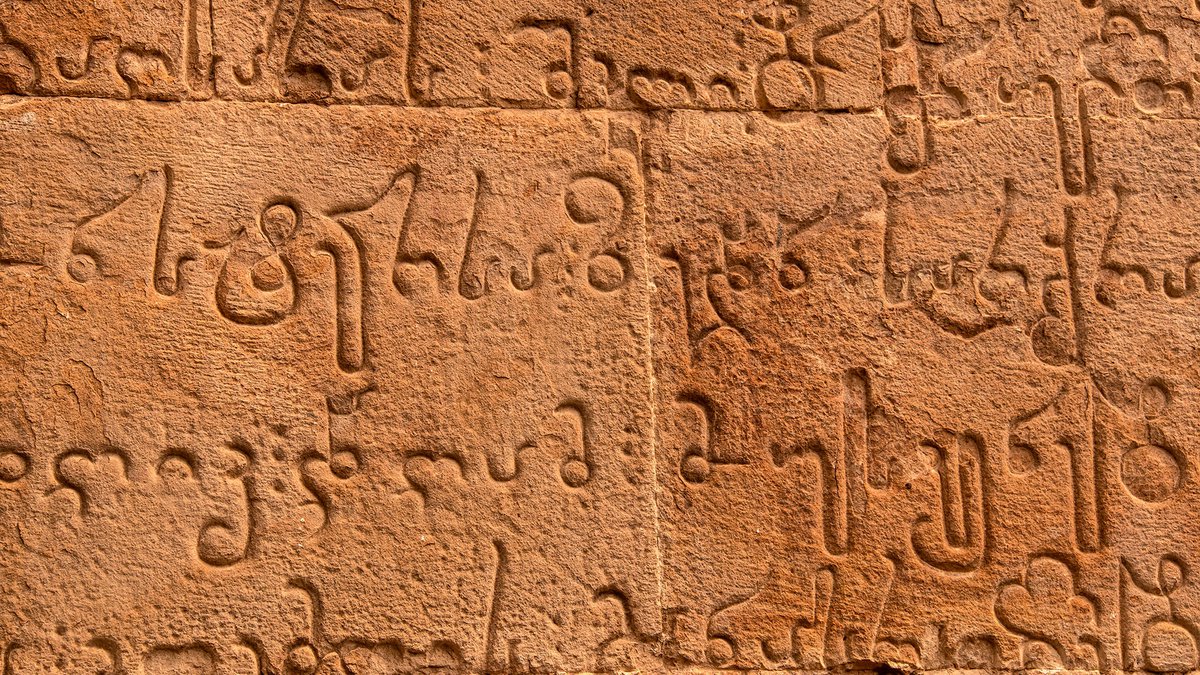
What do these words mean in Russian?
Centuries later Georgian language it underwent some changes, as a result of which "gamarjweba" smoothly transformed into "gamarjoba" and began to mean a greeting. You can trace the line of word changes in old Georgian films. In each of them, the word "gamarjoba" has its own meaning, depending on the context, and sounds different.
In Russian, the word "hello" means to wish health to the person you are addressing, while "gamarjoba" means to wish success and victory over all difficulties, and to make the right choice throughout the day.
"Genatsvale" is interpreted in absolutely different ways in the Russian language. Here are a few interpretations:
- dear
- beloved
- comrade
- friend
Ultimately, it acts as an appeal to a close person, a good friend, someone with whom you are in close friendly relations.
"Genatsvale" comes from the word "tsvla", which in Russian sounds like an exchange. If you delve into the meaning of the word "genatsvale", you can understand that a person expresses his consent to take the place of the one to whom he is addressing. To take over his pain and suffering, diseases and sins.
Do not confuse it with the word "katso". Katso is the complete opposite of "genatsvale". In Russian, it is interpreted as "familiar". Before contacting someone, think about whether he is really a genatsvale for you, and not a katso?
Combining two words we get "gamarjoba genatsvale", which in Russian will sound like "hello, good friend". That's what Georgians say to each other when they meet, what they hear from tourists who come to Georgia, that's what the signs of shops, restaurants and cafes mean.
The rich Georgian language contains many expressions and phrases meaning gratitude and hospitality of Georgians to tourists. The big difference in their use is the emotional coloring, so be careful about the application of Georgian greetings to local residents of Georgia.
It is better not to use the wonderful phrase "Gamarjoba, genatsvale" with every unknown Georgian, it is more suitable for close and close relationships. To greet the older generations and respected people, it is worth saying “gamarjobat". Such a technique will show that you are well acquainted with the forms of address in the Georgian language.
The spelling of these words in Georgian
Many people know this expression by ear. And how is it written? Knowing georgian letters, you can easily learn to read. You can see the text design of the phrase on various brochures, booklets, signs. It looks like this - «გამარჯობა» .
In Latin letters, the first word of this phrase is written as "gamarjoba". But is it always written correctly? Of course not always! Gamarjoba is a single word, but sometimes in writing it is divided into two parts "Gamar" and "Joba", which is completely contrary to grammar.
There are a number of particles that Georgians use in conversation to determine the status of the interlocutor:
If the interlocutor is a respected person, then he is addressed with a particle — "diah"
- If the conversation is conducted on a business topic, use the particle — "ki"
- If the conversation is conducted in an informal, relaxed atmosphere, often use the particle — "ho".
- The variety of additional word forms, synonyms and antonyms makes the Georgian language unique and very multifaceted. While conducting a conversation, you can always catch the mood of the interlocutor, his attitude to what is happening and avoid ambiguity.
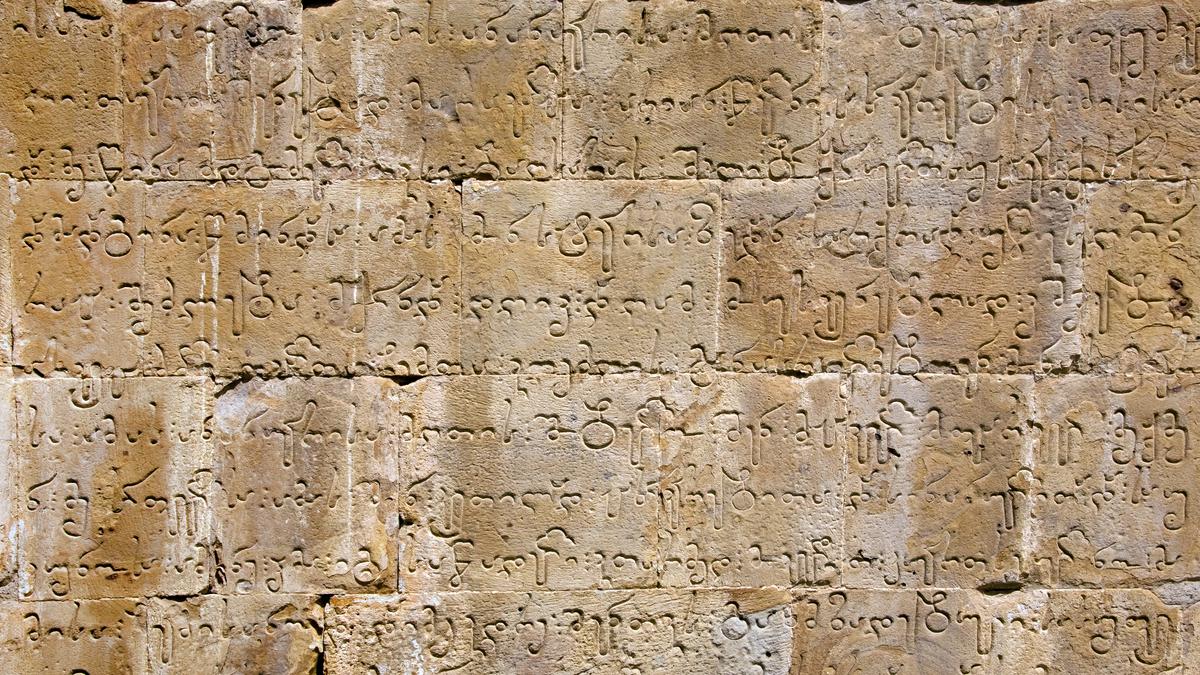
Phonetics of the Georgian language
Each person pronounces the word "gamarjoba" differently. The stress is placed in different parts of the word. This causes a contradiction between people who they speak Georgian. But how is it right?
In comparison with other languages, for example, with French, where the stress is most often placed on the last syllable, in Georgian the stress is not so clearly expressed. Thus, all syllables are equally stressed.
So, having dealt with the history of the origin, meaning, spelling and phonetics of this phrase, one question remains: “What to say in response?”. Many people in confusion make a big mistake by saying "gamarjoba-gamarjoba" in response, which is meant as "hello, hello". No, it's not that simple. Georgians have another word on this score - "gagimardjos". Translated into Russian, this word sounds like "victory to you". There is a version that "gagimardjos" also translates as "sorry". If we consider the word in this context, then we can find two more versions of the word "sorry" in Georgian:
- The first is "ukatsravad". It is used if they want to pay attention to something.
- The second is "bodishi". It is used when a person is really guilty and wants to ask for forgiveness.
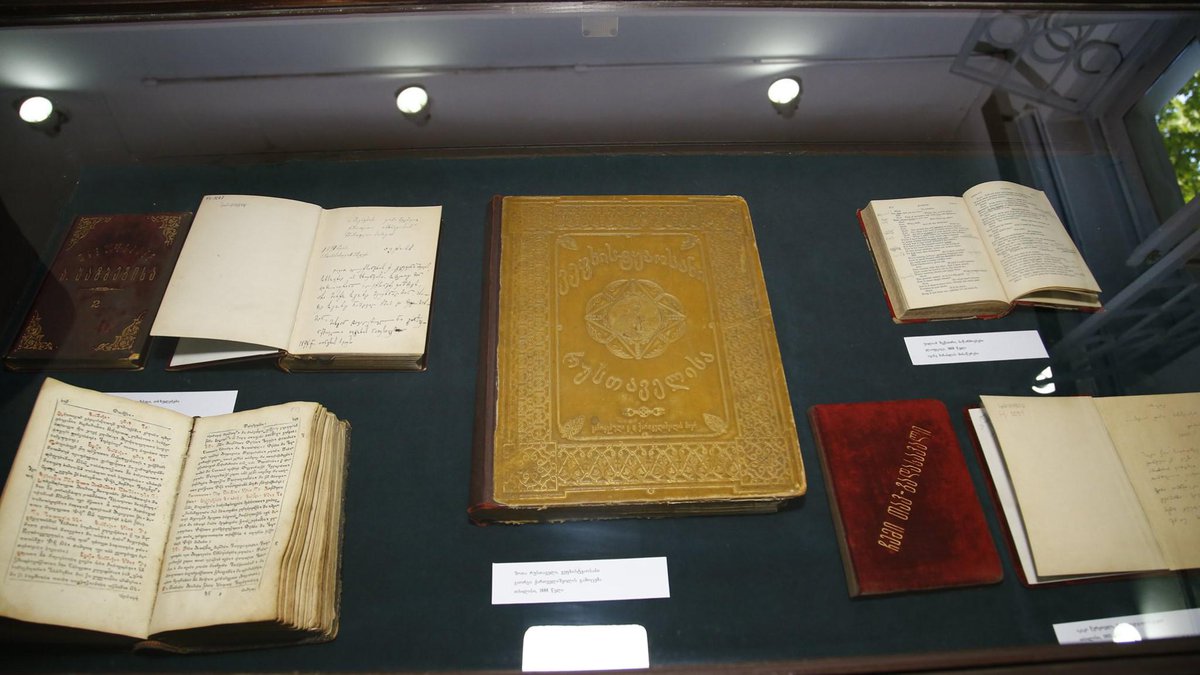
The uniqueness of Georgian literature
About 4 million people speak Georgian all over the world, but this language is considered one of the most ancient. Ancient chronicles and works of literary art have survived to our times, confirming this.
The first records date back to the 5th century A.D., and the main poem of the Georgian people “Knight in Tiger skin” – XII century. It is the uniqueness and uniqueness of the Georgian language that made it possible to describe the events in the poem in such a multifaceted way. No translation can fully convey all the emotions and subtleties of Georgian speech.
The peculiarities arose due to borrowings from Arabic, Turkish and Russian speech. The territory of Georgia has been attacked more than once, for many years both Persian and Turkish sheikhs reigned over it. All this has affected the formation of different dialects in the regions of the country.
So we have revealed a little secret of the phrase "Gamarjoba genatsvale" and taught you how to speak it correctly in Georgian. Be very careful and do not make mistakes in the pronunciation of new words for you. If you still made a mistake, then don't worry, the local people are very hospitable, they will always correct you, and maybe they will teach you new words. Now you just have to visit this wonderful country.
And if, walking along the street of a beautiful city, you want to have a snack, and you see the sign “Gamarjoba” — feel free to come in. Hiding behind the doors gastronomic secrets of Georgian cuisine, having tried it, you will definitely not remain indifferent.
An interesting fact is that the history of the origin of the Georgian script has not yet been clarified. Many scientists believe that the Greek alphabet is the basis for the construction of the Georgian script. At the same time, the unique appearance of the Georgian script as a "Living culture of the three writing systems of the Georgian alphabet" was recognized as an intangible cultural heritage of humanity by UNESCO.


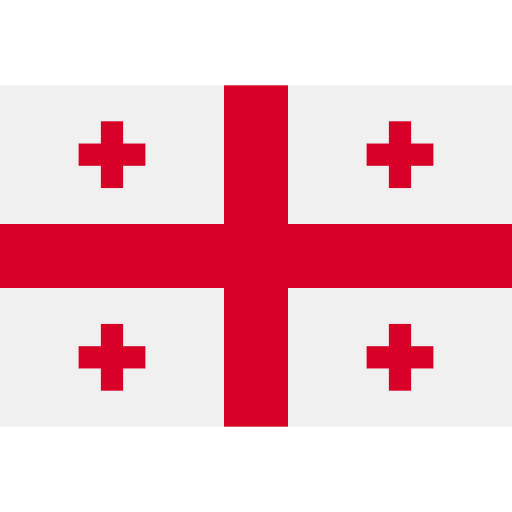








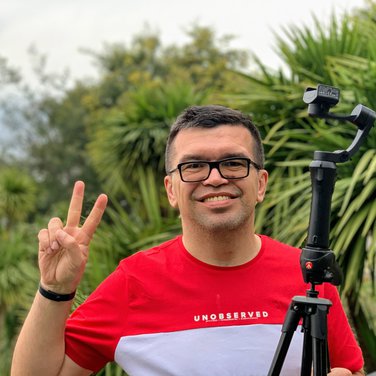
30 comments
Log in to leave a comment
Интересно, насколько легко и быстро можно выучить это звучный язык. На первый взгляд грузинский алфавит меня очень пугает. Такое ощущение, что это невозможно понять, если ты не родился в Грузии.